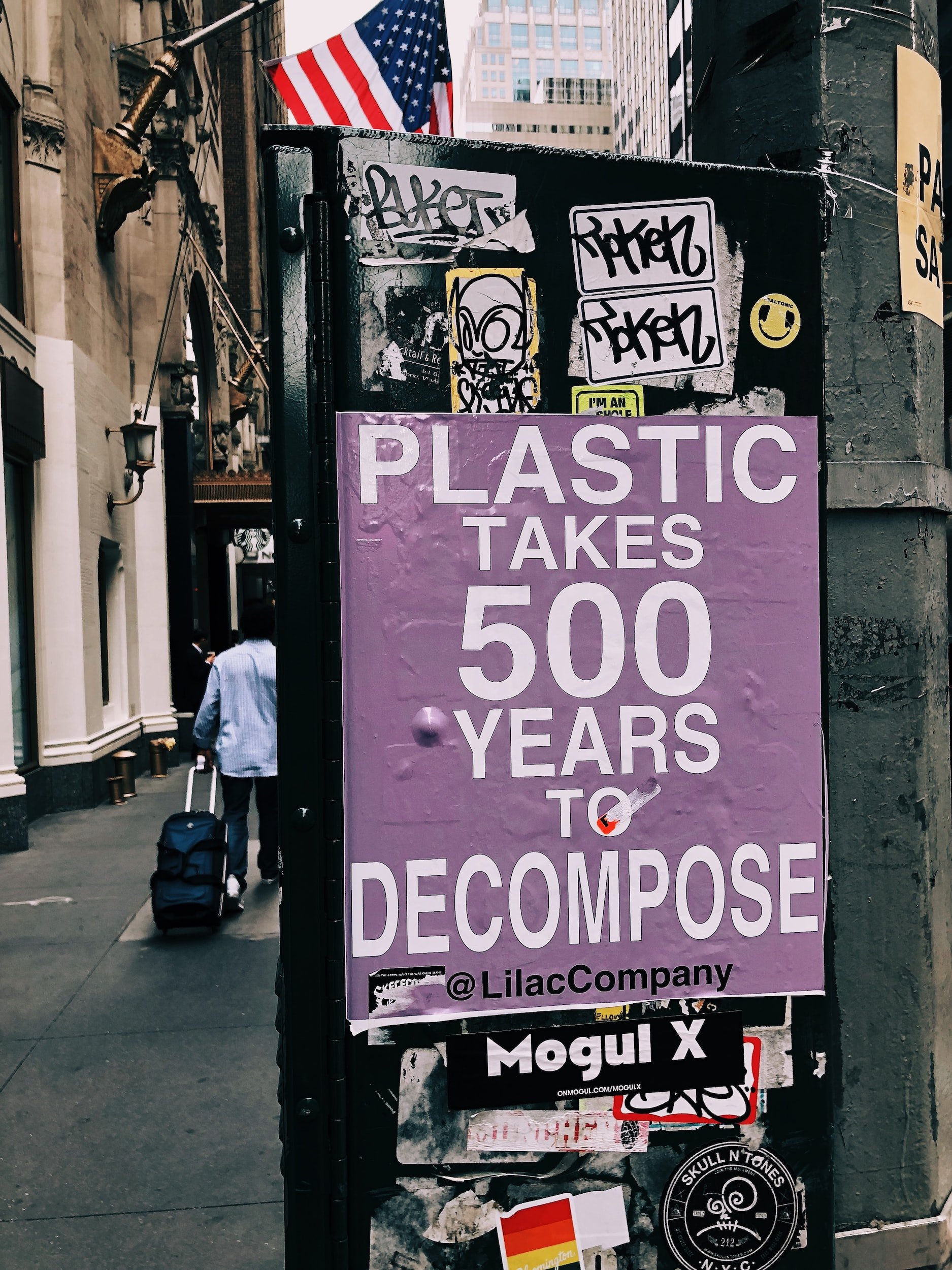
PLASTIC
POLLUTION
Plastics in the UK
Recent world wide research has shown the UK as one of the major global polluters; an estimated 99kg of plastic waste is generated per person each year
In a recent survey of nearly a quarter of a million people in the UK, 6,437,813 pieces of plastic packaging waste were counted in just one week.
On average, each household threw away 66 pieces of plastic packaging in one week, which amounts to 3,432 pieces a year
Only 12% of our household plastic waste is actually being recycled in the UK. The other 88% of our plastic waste is:
- burnt in incinerators (46%)
- buried underground at landfill (25%)
- dumped on other countries (17%)
Plastics and the Supermarkets
For the third year, the Environmental Investigation Agency (EIA) and Greenpeace UK have surveyed the major supermarkets and grocery retailers in the UK on their efforts to reduce plastic pollution.
This year’s survey revealed that, during 2019, the 10 major supermarkets put 896,853 tonnes of plastic packaging on the market. This is a 1.6% reduction over the previous year, but still a 1.2% increase over the three-year period of the survey.
As much as the supermarkets needs to take more action - so do we.
Do you have re-usable bags for your supermarket shop? During 2019 1.58 billion ‘bags for life’ were sold by the leading supermarkets.
Are you choosing refillable items where available?
Are you choosing unpackaged items where available?
Small Steps To Reduce Your Use of Plastics
Some stuff goes here about food miles, seasonal eating, supporting earth regeneration, good food doesn’t need to cost the earth etc.etc.





